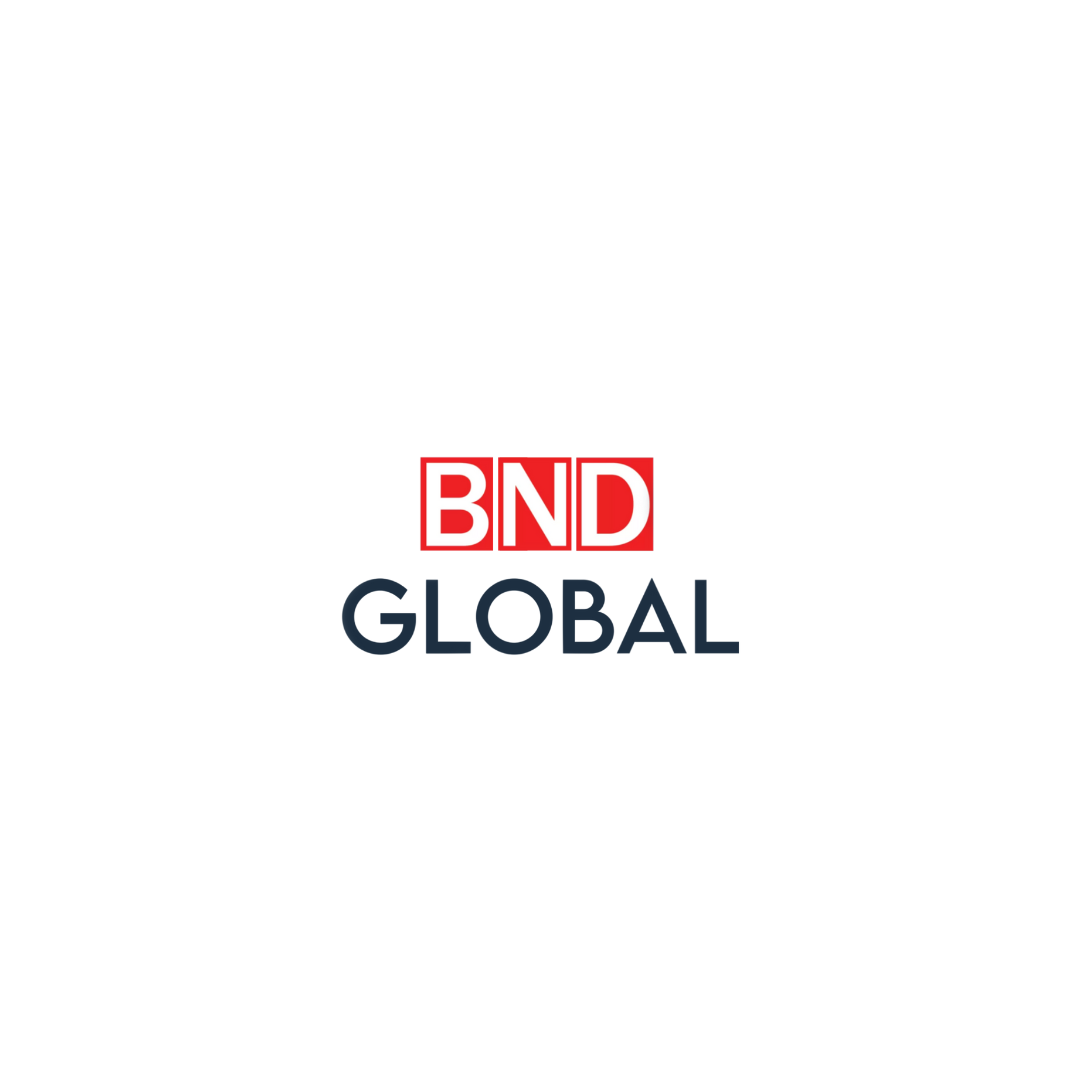
Introduction
Turkiye, located at the crossroads of Europe, Asia, the Middle East, and Africa, has emerged as a strategic and prominent hub for global trading, logistics, and manufacturing. With its highly favorable geostrategic location, young population, and strong political and military relationships, Turkiye has attracted the attention of businesses and investors worldwide. In this article, we will explore Turkiye’s role in global trade, analyze the latest trade statistics, and uncover key trends and insights shaping Turkiye’s position in the international market.
Turkiye’s Importance in Global Trade
Turkiye has long been recognized as a significant player in global trade. In 2022, the country accounted for slightly over one percent of worldwide exports, highlighting its importance as an exporter. Moreover, Turkiye ranked ninth among the leading importers, with its overall import value reaching nearly 364 billion U.S. dollars. The country’s strategic location and well-established trade relationships have positioned it as a key player in the global marketplace.
Turkiye’s Trade Balance
Over the past few years, Turkiye has faced a trade deficit, with the value of goods and services imported exceeding the export value. In 2022, the country recorded a foreign trade balance of over -109.5 billion U.S. dollars, the lowest since 2013. Despite the trade deficit, Turkiye has experienced an increasing trend in the value of goods and services exported, reaching a peak of 254 million U.S. dollars in 2022. This growth can be attributed to the export of various commodities, including vehicles, vehicle parts, boilers, machinery, and mechanical appliances.
Key Trade Partners
Turkiye’s multilateral trade system has allowed it to diversify its trade partners over the years. In 2022, Germany, the United States, Iraq, the United Kingdom, and Italy emerged as Turkiye’s top five export partners. Germany has consistently been the leading importer of Turkish merchandise, with a trade value of over 21 billion U.S. dollars in 2022. Turkiye’s trade agreement with the European Union, known as the Customs Union, has further enhanced its trade movements with EU countries. In 2022, EU countries imported significant amounts of motor cars, vehicles, and articles of apparel of textile fabrics from Turkiye.
Turkiye’s Role in the Textiles and Clothing Industry
Turkiye has established itself as a prominent destination for manufacturing textiles and clothing for many global brands. The country’s expertise in this industry is evident in its position as the fifth-largest importer of cotton. In 2022, Turkiye imported 914,000 metric tons of cotton, further solidifying its role in the global textiles and clothing market. The country’s skilled workforce, competitive production costs, and favorable trade agreements have contributed to its success in this sector.
Turkiye’s Trade Relations with the European Union
The Customs Union agreement between Turkiye and the European Union has been instrumental in fostering trade relations. The alignment of customs tariffs and laws has facilitated trade movements between these two entities. In recent years, Turkiye has recorded its highest revenue from both imports and exports with EU countries. In 2022, EU countries imported over six billion euros worth of motor cars and vehicles, as well as four billion euros worth of articles of apparel of textile fabrics from Turkiye.
Turkiye’s Emerging Sectors in Global Trade
Turkiye has been actively diversifying its economy and exploring emerging sectors to expand its global trade footprint. Some of the leading sectors for US exports and investments in Turkiye include civilian aerospace, technology, and equipment; electric power (renewables, smart grid, energy storage, civil nuclear); information and communication technology; construction and reconstruction; medical technologies and health IT; smart city technology equipment; advanced manufacturing; and transportation technology and equipment. These sectors showcase Turkiye’s commitment to innovation and its potential to attract foreign investments.
Turkiye’s Trade Challenges and Opportunities
While Turkiye presents numerous opportunities for businesses and investors, it also faces challenges in its trade landscape. Economic challenges, exacerbated by the COVID-19 pandemic and unorthodox monetary policies, have affected Turkiye’s economic goals. Steep inflation, a weakening currency, and protectionist measures, including import tariffs and localization pressures, have complicated Turkiye’s path to becoming a top-10 economy. However, Turkiye’s resilient market, young population, and strategic location continue to attract businesses and investors who see the long-term potential of this dynamic market.
Turkiye’s Trade Statistics and Outlook
Turkiye’s total trade with the United States exceeded $34 billion in 2022, with exports totaling over $15 billion and imports reaching $18.8 billion. While there has been a slight decrease in U.S.-Turkiye trade in 2022, primarily due to a decrease in U.S. exports of liquefied natural gas (LNG), the overall trade relationship remains robust. Turkiye’s trade statistics reflect its importance as a trading partner and highlight the potential for further growth and collaboration with global markets.
Conclusion
Turkiye’s role in global trade continues to evolve, driven by its strategic location, strong political and military relationships, and favorable trade agreements. The country’s success in sectors such as textiles and clothing, manufacturing, and emerging industries demonstrates its resilience and potential as a global trade player. While challenges persist, Turkiye’s young population, strategic location, and commitment to diversifying its economy present numerous opportunities for businesses and investors. As Turkiye navigates the ever-changing global trade landscape, it remains a dynamic market worth exploring and engaging with for long-term growth and success.Note: The trade statistics and insights presented in this article are based on the latest available data and may vary. For the most accurate and up-to-date information, it is recommended to consult official sources and conduct further research.








